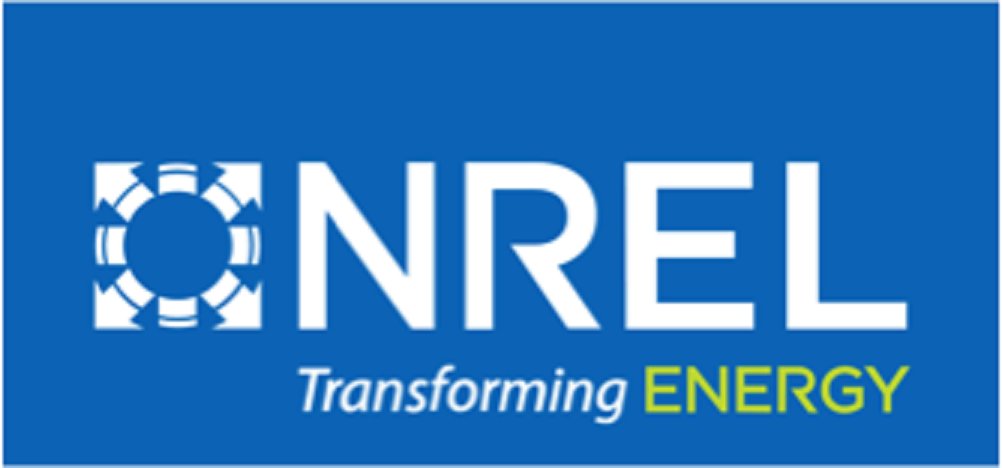NREL: Wave Hello to the 2022 Marine Energy Collegiate Competition Teams
A new wave of innovation is rolling in with the third batch of Marine Energy Collegiate Competition contenders.
The U.S. Department of Energy’s (DOE’s) Office of Energy Efficiency and Renewable Energy (EERE) announced the 17 teams chosen to participate in the DOE 2022 Marine Energy Collegiate Competition (MECC): Powering the Blue Economy™.
A group of people stand on the side of a pool while conducting tank tests.
The Marine Energy Collegiate Competition encourages a new wave of innovators with diverse backgrounds to inspire next generation marine energy concepts. Photo by Marcus Lehmann, U.S. Department of Energy
Administered by the National Renewable Energy Laboratory, on behalf of EERE’s Water Power Technologies Office, the competition challenges interdisciplinary teams of undergraduate and graduate students to propose unique solutions to the burgeoning marine energy industry.
For the third competition, teams will have nearly a year to create a business plan and develop, design, and potentially test their renewable energy technologies that support resilient coastal communities and provide power at sea.
Introducing A Tidal Wave of Talent
NREL chose the following teams to participate in the competition, culminating in spring 2022:
Boise State University
California State University, San Marcos – partnering with New Mexico State University
Federal University of Rio de Janeiro
Michigan Technological University
North Carolina A&T State University – partnering with University of North Carolina Wilmington
Oregon State University
Purdue University
Texas A&M University at Galveston – partnering with Sam Houston State University, University of Rochester, University of Sao Paulo, Qatar University, and University of Engineering and Technology, Taxila
University of California, Riverside
University of Houston
University of Massachusetts Dartmouth
University of New Hampshire
University of North Florida
University of Washington
Virginia Tech – partnering with Stevens Institute of Technology
Virginia Tech – partnering with University of Maine and Queen’s University Belfast
Webb Institute
These competitors are poised to be the next blue economy innovators as they gain real-world experience and make industry connections to prepare for future careers in marine energy.
While few institutions provide marine-specific advanced degrees, related experience is highly valuable when pursuing blue economy workforce opportunities. From researchers and engineers to educators and communicators, this competition offers abounding opportunities in the blue economy.
Inspiring Blue Economy Ingenuity
To explore this potential, the MECC encourages applications from students with a variety of technical and scientific expertise to uncover innovative thinking.
“The MECC provides an opportunity for a diversity of experience, education, and perspectives in exploring the possibilities of the blue economy,” said Arielle Cardinal, the MECC operations manager at NREL. “We’re excited to support the 2022 competitors in bringing new ideas and innovations to the forefront of marine energy.”
Submissions can run the gamut from concepts that aid in ocean observation and underwater vehicle charging to desalination and more, including—but not limited to—the markets identified in DOE’s Powering the Blue Economy™ report.
The 2022 Marine Energy Collegiate Competition teams will be challenged to:
Develop a market-research-supported business plan and conceptual-level technical design of a system that could be commercialized to address power needs for a chosen sector of the blue economy
Pitch their plan to a panel of judges and hypothetical investors
Design, build, and test a device to achieve energy production (optional)
Engage with their community through outreach and educational activities.

